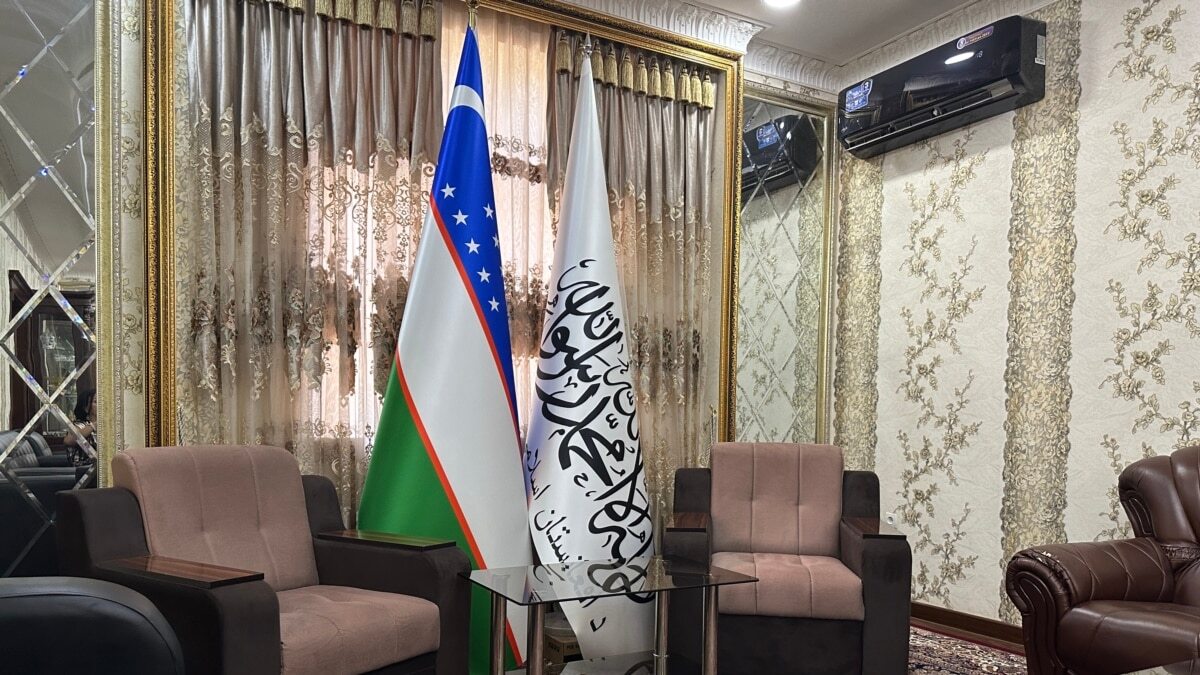As Central Asia faces growing security challenges, Uzbekistan has shifted from cautious detachment to proactive engagement with Afghanistan. This strategic change, part of a broader regional integration effort, aims to bolster stability and address threats like extremism and terrorism. The article authored by Nargiza Umarova and published in The Diplomat, examined Uzbekistan’s evolving approach to Afghanistan and its role in enhancing regional security.

In 2018, Central Asian states initiated a series of consultative meetings, marking a new era of regional integration focused on security. As global geopolitical tensions and conflicts escalate, maintaining stability in Central Asia has become crucial. During the fourth Consultative Meeting of Central Asian Heads of State in Cholpon-Ata, Kyrgyzstan, in 2022, the establishment of regular dialogues between the secretaries of security councils and enhanced military cooperation were proposed. The first such meeting occurred in May 2024 in Kazakhstan's capital.
Central Asian nations face several security threats, including extremism, terrorism, drug trafficking, and illegal arms trade. However, the situation in Afghanistan remains a significant concern due to its impact on regional stability. Historically, Uzbekistan had distanced itself from Afghanistan, viewing it as a source of security threats. Despite this, diplomatic, economic, and cultural ties continued.
Following the Taliban's rise to power, Uzbekistan was the first to engage in dialogue with the new Afghan government, which was initially unrecognized. This approach allowed Uzbekistan to maintain and even strengthen bilateral relations. By the end of 2023, trade between Uzbekistan and Afghanistan had exceeded $860mn. The two countries are collaborating on infrastructure projects, such as the Mazar-i-Sharif–Kabul–Peshawar railway, which will connect to Pakistani ports. Investment partnerships in mining, energy, and agriculture are also expanding.
Uzbekistan views Afghanistan as an integral part of Central Asia and advocates for its deeper integration into regional economic processes. The country consistently raises the Afghan issue at international forums, including the United Nations General Assembly, Central Asian summits, and the Shanghai Cooperation Organization. Uzbekistan emphasizes the importance of humanitarian aid and counter-terrorism efforts, proposing initiatives such as a U.N. commission on Afghanistan, a Humanitarian Support Fund, and a logistics hub in Termez.
Despite these efforts, Afghanistan remains a haven for radical Islamist groups, with increased terrorist activity following the NATO withdrawal. The U.N. Development Program reports that about 85% of the Afghan population lives below the poverty line, exacerbating the crisis.
To address these challenges, a coordinated regional strategy is essential. Central Asian countries should enhance cooperation between security and defense departments, unify military resources, and work together on counter-terrorism operations. Re-establishing collective rapid response forces, akin to the Central Asian Peacekeeping Battalion (CENTRASBAT) model from the 1990s, could strengthen the region's ability to handle security threats independently.
As Central Asia navigates these complex issues, Uzbekistan's proactive stance on Afghanistan is crucial in fostering a cooperative approach to regional security and stability.
Follow Daryo's official Instagram and Twitter pages to keep current on world news.
Comments (0)